‘Where are you from?’ Such a simple question and yet, as an ethnic minority, I never really know how to respond. Am I supposed to tell you where I was born, where I’ve lived, or what my racial heritage is? I like to gauge who is asking the question and why, before I decide on my response. Is this piece of information relevant to the conversation, or are they trying to figure out where to rank me in their social food chain? Is this person trying to alienate me by making me feel displaced, as ‘other’? In which case the answer is I’m from London, full stop. ‘No, but where are you really from?’. West London. ‘OK, but like originally, where did you move from?’. My mother’s uterus. Those who continue to drill down on where you really come from, don’t actually care for the answer. They just want to remind you that, according to them, you aren’t from here. It’s microaggression 101.
So, what is a microaggression anyway? Microaggressions are “verbal or behavioural indignities…that communicate hostile, derogatory, or negative attitudes toward culturally marginalised groups”. Asking someone where they ‘really’ come from after they’ve already told you, insinuates they don’t truly belong there; it feeds this misconception that being non-white, Middle Eastern or even Muslim, is inconsistent and incompatible with being British/American/Canadian etc. As if the two identities couldn’t possibly exist at once. And yet here we third culture Arabs are, existing simultaneously in both states, until the white man observes us: Schrödinger’s third culture kid, if you will.
Here we third culture Arabs are, existing simultaneously in both states, until the white man observes us: Schrödinger’s third culture kid, if you will.
susan AL-SAFADI on third culture identity
I grew up in culturally diverse London, and still faced the dreaded not-so-subtle microaggression. And that’s the thing; the language may be subtle, but the message remains loud and clear: you don’t belong here. A microaggression can be as subtle as a colleague mispronouncing your name or calling you another ‘ethnic’ name altogether. Y’all are really out here pronouncing Daenerys Targaryen without stuttering, but struggling with Susan Al-Safadi? You’re telling me Irish names like Niamh and Siobhan you can pronounce, but Khalil and Ahmad are a struggle?
Another classic is someone telling you your English is ‘really good’. Thanks, so is yours. ‘Oh yes, but I was born here’. Well I guess we’re in the same boat then. I’ve had someone interrupt me to ask where my accent was from before. For context, I’ve only ever lived in London, and consider English my first language, and broken Arabic my second. I’m confused that another Londoner would ask me where my (non) accent was from. How dare you? I speak the Queen’s English mate. Where are YOU really from, son? Such micro-aggressions may seem harmless on the surface, but they’re just explicit racism in disguise.
I once attended a formal event with a non-Hijabi, but also Arab, friend. After completing the registration process, we grabbed a couple of seats amidst the crowd. Within a couple of minutes, a staff member approached me and asked, ‘is it you who will be needing the interpreter?’.
‘What for, is this lecture being conducted in a language other than English?’
‘Oh…not you then? I had to ask.’
Did you though? Because you would have been given the name of the attendee who’d requested the interpreter, and you will have seen that it wasn’t me on the sign in sheet. If you ‘just had to ask’, then why didn’t you ‘just have to ask’ every other person who entered the room? She didn’t ask my friend who was sat with me; no, she’d made a beeline straight for the Hijabi, who she’d incorrectly assumed did not speak English well. Had she indiscriminately asked each person as they entered the room, I wouldn’t have considered this a microaggression.
I had a colleague who would constantly feel the need to remind me that she ‘wasn’t racist’, but in the same breath would stop me mid-workday to tell me there’d been another terrorist attack somewhere in the world. Seriously dude? Are you sure it’s not a frustrated white kid with an anti-Islam manifesto this time? No? Okay leave it with me, I will speak to Osama at our next Annual General Meeting for Muslims.
I used to work in a patient facing role, where we had early morning rounds completing procedures on patients in clinics. One morning, I couldn’t help but overhear an obnoxiously loud patient drumming up conversation with every staff member who visited his bed. For 40 minutes I listened as he spoke to 5 of my colleagues, first about the football match last night, next about whether they’d seen a certain movie, and finally what kind of music they liked to listen to. I think about how I’d respond to those questions, since it’d be my turn next. I approach the patient and explain I’m going to be taking his blood pressure. ‘So, when’s Ramadan?’.
It was me who needed my blood pressure taken now. What? That’s it? Everyone else gets pop culture talk and you ask me when Ramadan is? This man’s experience with Muslims was so limited that all he could think of when he saw a Hijabi was Islam. It’s like he racked his brain to find a buzzword he could associate with Muslims, and which would appeal to me. I suppose it could’ve been worse than Ramadan, but I found it incredibly frustrating. Yes, I am a Muslim, but that is not ALL I am. We are multidimensional, and have depth to our identities, just like the rest of you. Speaking of cultural buzzwords: what is it with people asking where you’re from then immediately saying oh I LOVE ‘insert ethnicity’ food?
Speaking of cultural buzzwords: what is it with people asking where you’re from then immediately saying oh I LOVE ‘insert ethnicity’ food?
susan AL-SAFADI on micro-aggressive behaviours
At a party I once was asked ‘so where have you come from then?’. Very aware of the fact that I was the only Hijabi there, I start to panic: how do I play this one? I laid out my entire life story. Well, ethnically I am Palestinian, but I was born here, although my parents grew up in Saudi Arabia. But 23andMe says 98% of me comes from the Levantine region. ‘Oh, we just meant where did you drive from today.’ I awkwardly tell them I’d travelled from West London. Had I just micro-aggressed myself…? Are some people just asking where you’re from because they’re genuinely interested? When someone is micro-aggressing all over you, you’ll know. If you’re going to tell me that guy doesn’t mean to keep calling me the wrong name, or that someone telling me my English is good is a compliment, or that they ‘didn’t mean it like that’, then you’re just as much a part of the problem.
Some would argue that microaggressions are almost more harmful than explicit racism, since microaggressions can often come from people you least expect. It’s usually people who consider themselves allies, but their micro-aggressive behaviours suggest otherwise. Their prejudices and discriminatory attitudes are so deeply embedded in mainstream culture that they don’t realize it, making them all the more sinister. It’s not every day you hear bigots going on about how ‘shawarma law is taking over’, but it is every day and it is casually, and it is without a second thought, that we face microaggressions. Microaggressions which continually damage one’s sense of self, perpetuating false stereotypes about minorities, which we fight to debunk every day, simply by existing.
So next time you want to ask someone where are you really from, think about why you’re really asking.
by Susan Al-Safadi
@susanalsafizzle





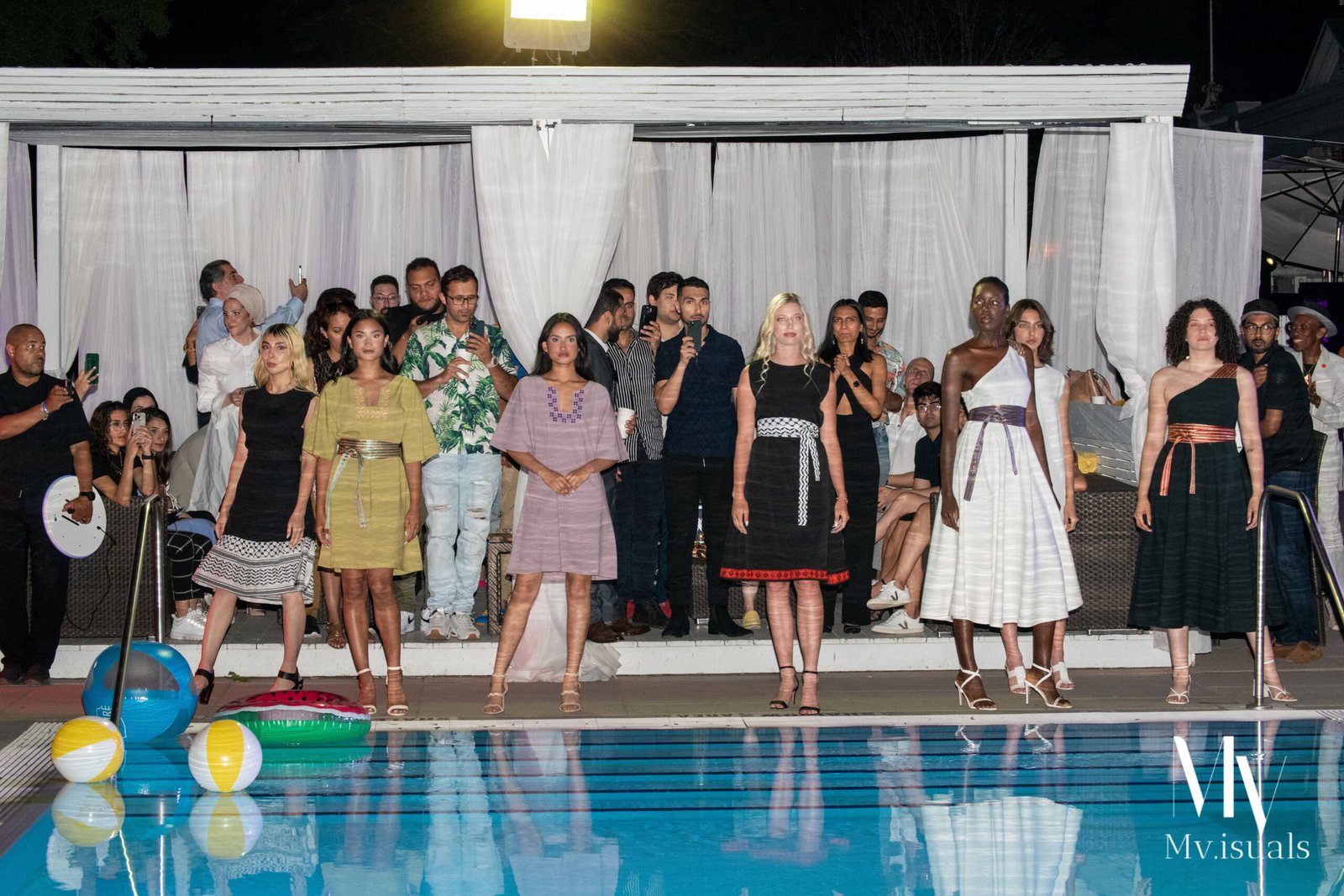
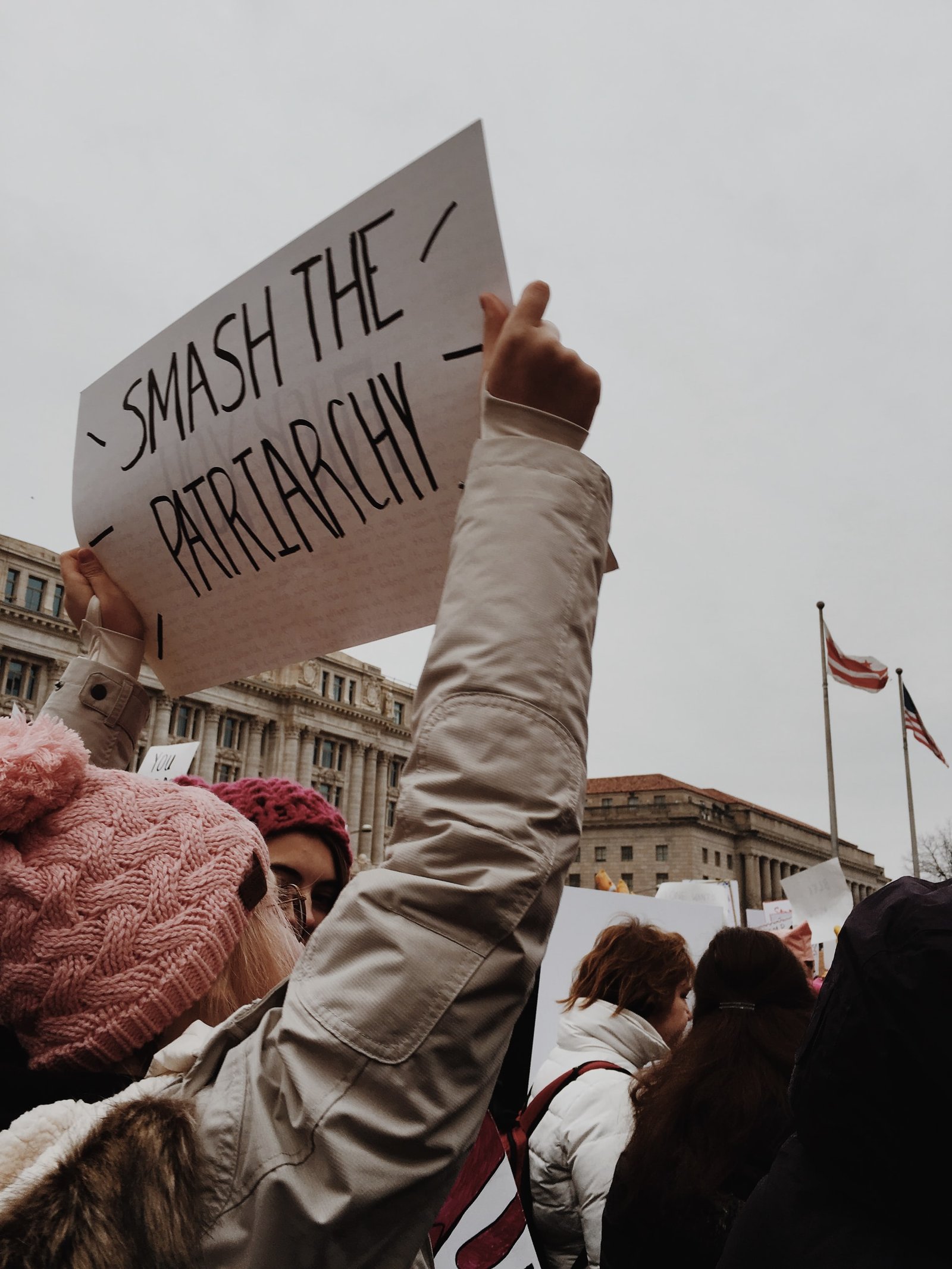
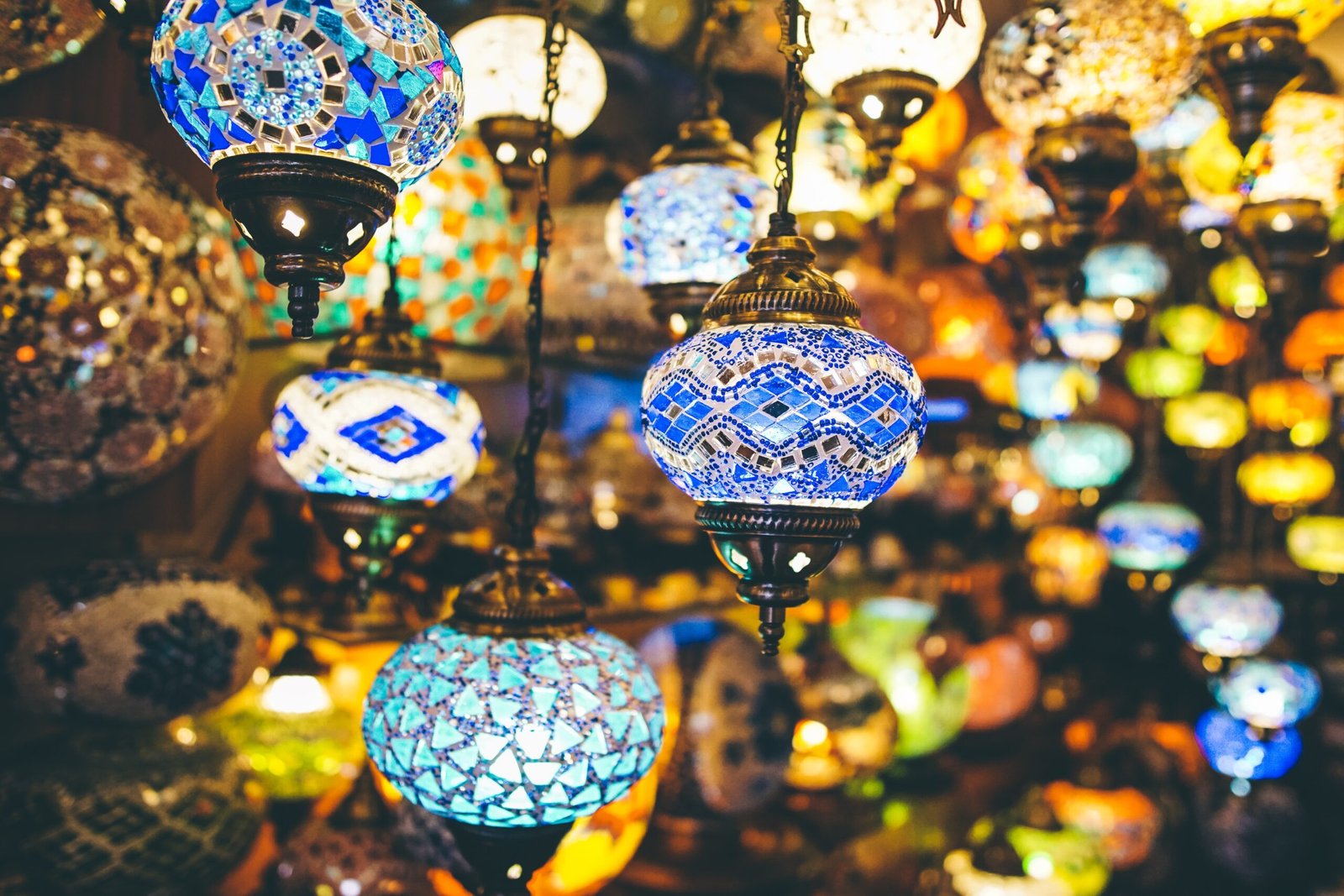
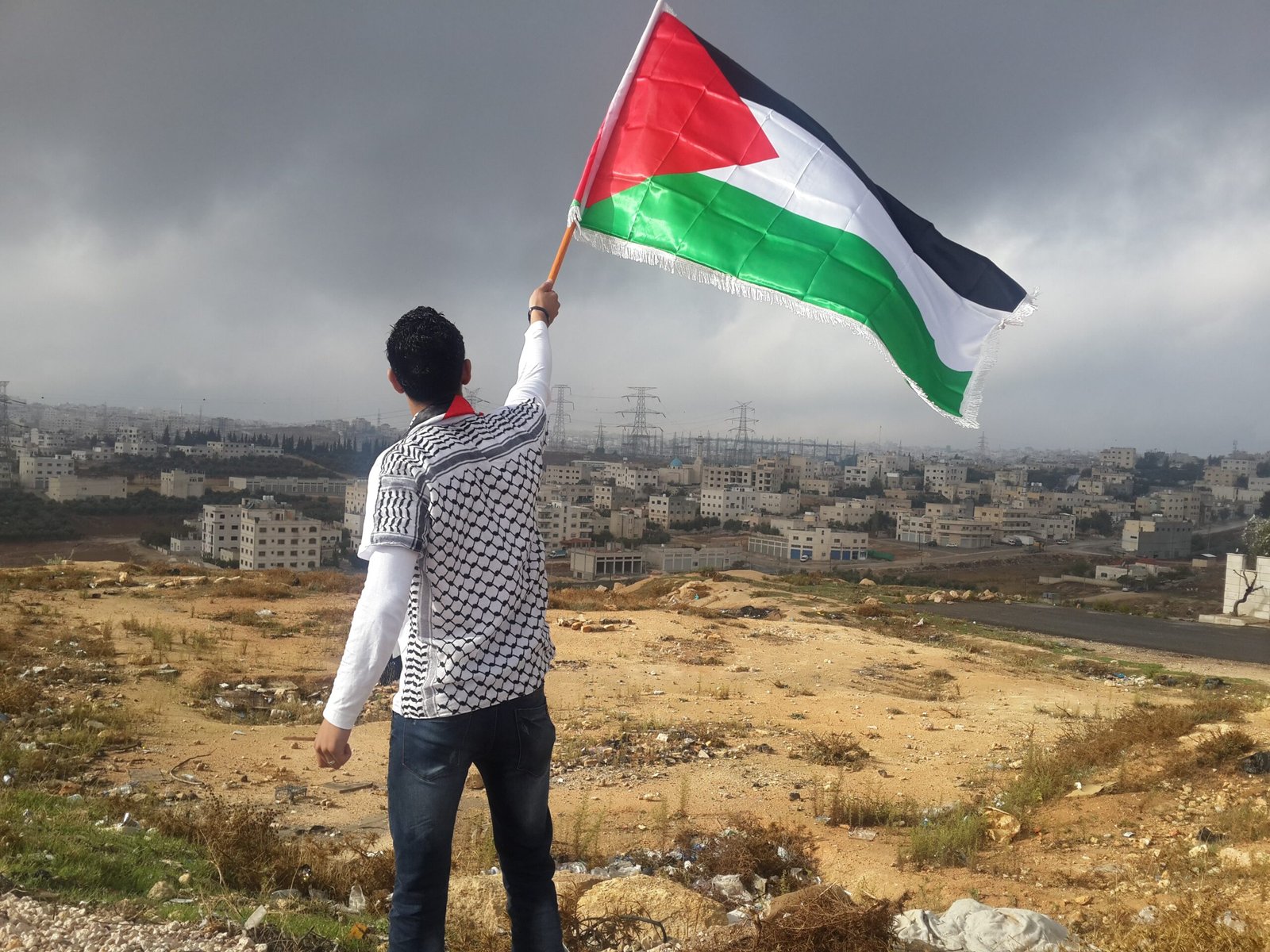





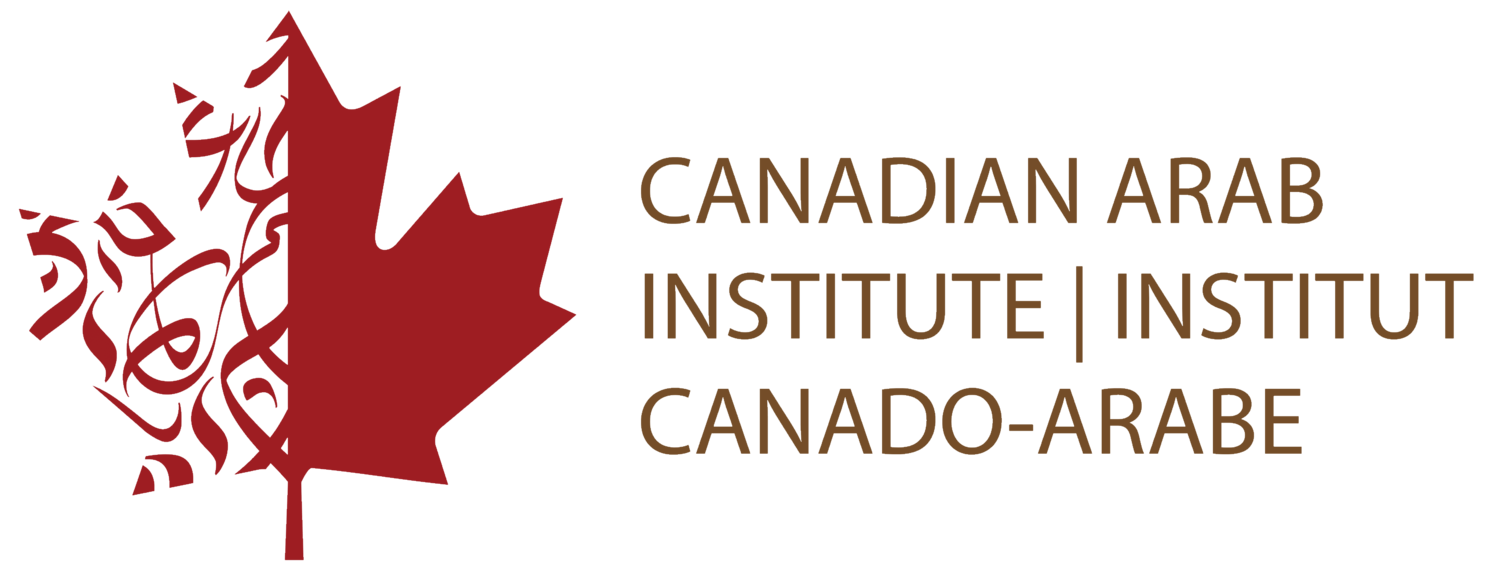
One Response
Hi Susan
I love reading your articles!
If you find the time, would you mind elaborating on, how these microaggressions appear in the media picture? I believe this is a sphere where people are very little aware of their appearance and/or privileges and ignorant sides, and find it very important to become aware of this.
Best regards Anna